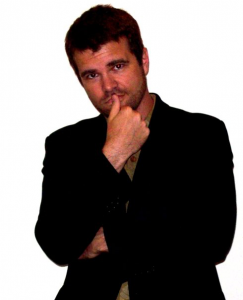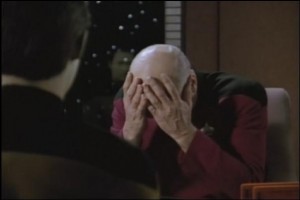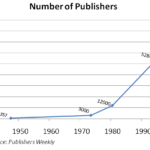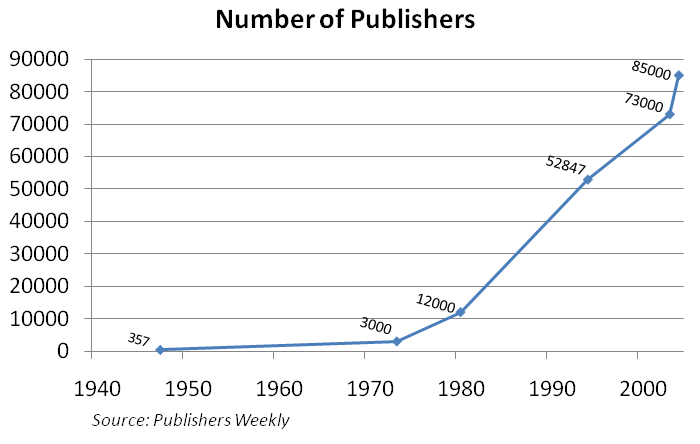 The Passive Voice blog (“A Lawyer’s Thoughts on Authors, Self-Publishing and Traditional Publishing”) has posted an extensive quote from GigaOm on the details of the recent Amazon-Hachette deal.
The Passive Voice blog (“A Lawyer’s Thoughts on Authors, Self-Publishing and Traditional Publishing”) has posted an extensive quote from GigaOm on the details of the recent Amazon-Hachette deal.
But, what I found more interesting was the Passive Guy‘s economic analysis of traditional publishers’ myopic and desperate tactics. The bold emphasis is mine:
Since Big Publishing has attempted to use ebook pricing to protect the sales of physical books in physical bookstores in the past, PG suspects it will continue to do so in the future. If this is the case, Hachette ebook prices on Amazon will be higher than Amazon would set those prices if the folks in Seattle had unfettered pricing discretion.
If PG’s suspicions are anywhere close to correct, it appears that indie authors will continue to be able to undercut the price of ebooks from Hachette while earning royalties from KDP that are much higher than Hachette authors receive.
PG says that indie authors are much smarter about pricing ebooks on Amazon than Big Publishing is … Like Amazon, indie authors don’t have any legacy sales channels to distract them from setting an optimum price for ebooks.
Trying to protect a legacy business with legacy margins is a classic mistake that established business organizations make when faced with a technology disruption that allows lower-priced competitors into a marketplace. Doing so allows the lower-priced competitors to survive and thrive. And eventually put the legacy model out of business.
Check out the rest at The Passive Voice.



 Sometimes, the underdog is the bad guy. I know, I know this is anathema to American sentiments. But sometimes, every now and then, the little guy is the greater of two evils who deserves what the Big Bad Tough dishes out.
Sometimes, the underdog is the bad guy. I know, I know this is anathema to American sentiments. But sometimes, every now and then, the little guy is the greater of two evils who deserves what the Big Bad Tough dishes out.
 You guys know I’m not a Franzen fanatic, but I feel compelled to share my thoughts on his
You guys know I’m not a Franzen fanatic, but I feel compelled to share my thoughts on his 
 Of course, the big news in the literary world is the passing of Anne McCaffrey. The best tribute (I have read) to this amazing author is by Juliette Wade, who
Of course, the big news in the literary world is the passing of Anne McCaffrey. The best tribute (I have read) to this amazing author is by Juliette Wade, who 
 After my brief detour through Charles Bukowski‘s
After my brief detour through Charles Bukowski‘s 

 I love this article. It is realistic and honest, even brutally so, but tough and helpful. Love it, love it, love it.
I love this article. It is realistic and honest, even brutally so, but tough and helpful. Love it, love it, love it. Recently, a writer friend of mine (let’s call this person T) sent me a link to a story at The Onion shredding the pretensions of a bad writer who has no idea he’s a bad writer, called “
Recently, a writer friend of mine (let’s call this person T) sent me a link to a story at The Onion shredding the pretensions of a bad writer who has no idea he’s a bad writer, called “
